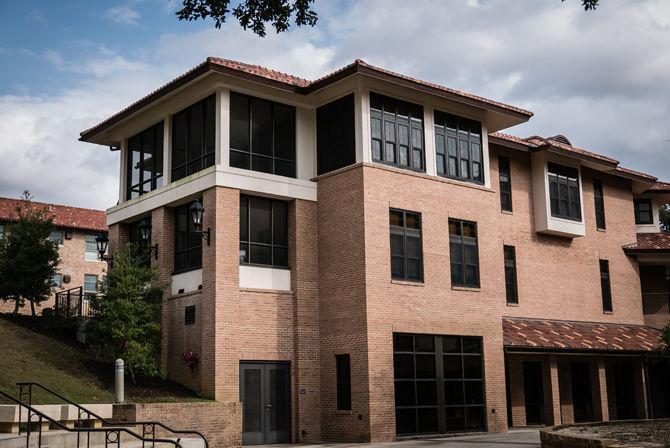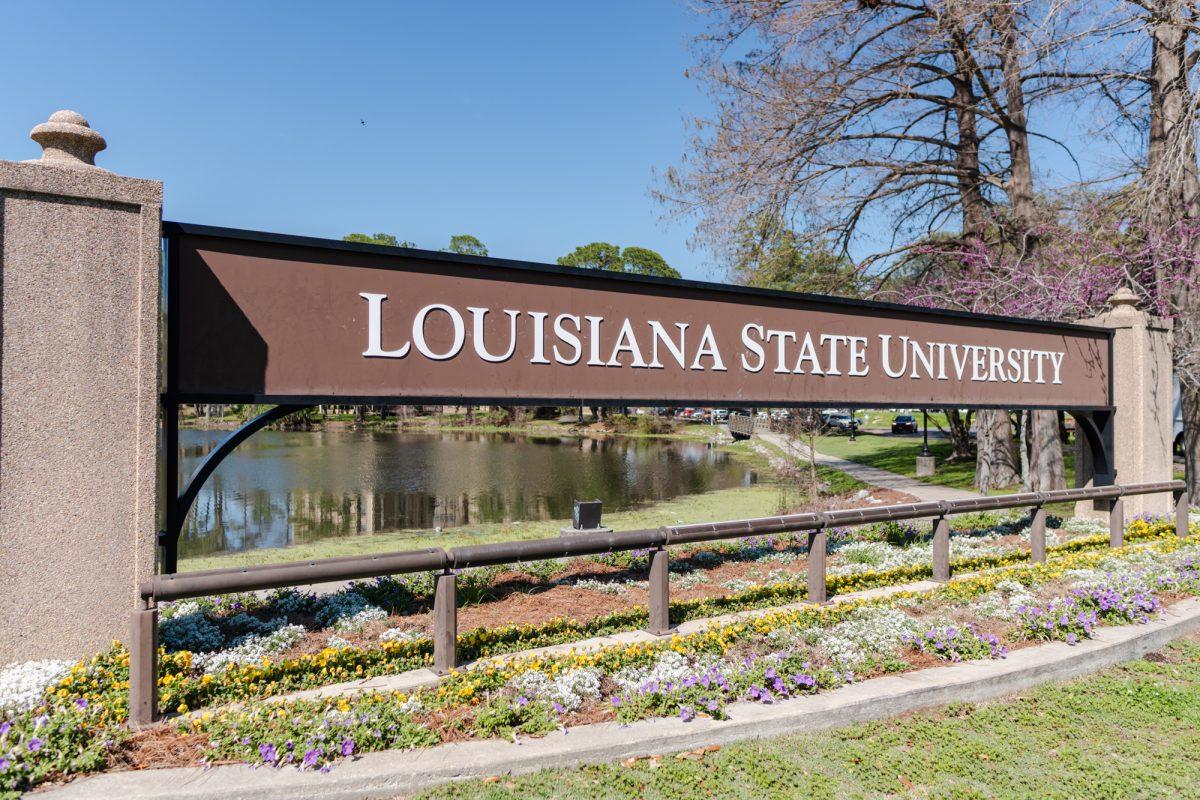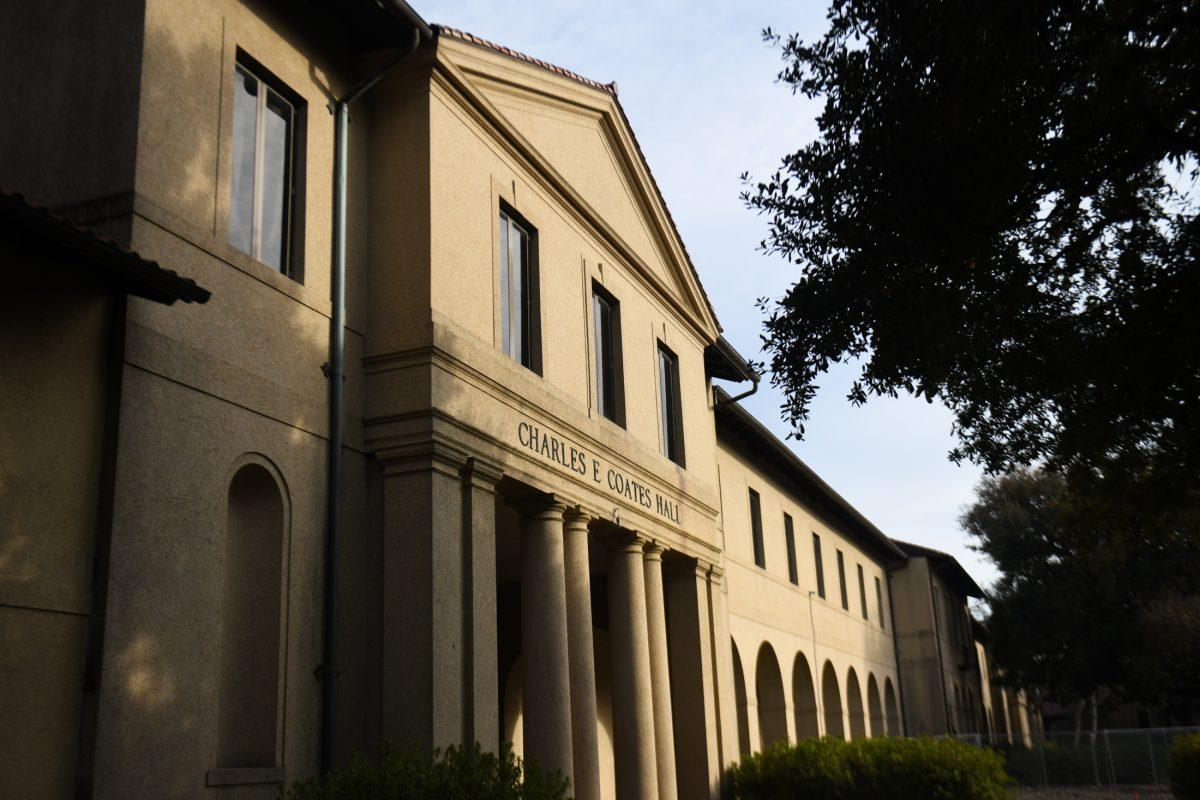LSU Residential Life is currently looking for the next faculty member to join the faculty in-residence program as political science professor Belinda Davis is moving out of her residence this summer.
Residential Life Associate Director Bill Mattera said each faculty member in the program can live in-residence for a maximum of three years so other faculty members can have the chance to participate in the program. Davis and her family have been the first to stay the full three years in the program, but now LSU Residential Life is going through the process of finding the next faculty member to take her place.
“We’re excited to find a new faculty in-residence,” Mattera said. “Belinda has been absolutely amazing. I think finding someone with that same energy and spirit is important.”
While the deadline for faculty to apply has passed, Mattera said the interview process will begin soon. Mattera said they have students on the committee to help decide the next faculty that lives on campus. There are many qualifications for faculty-in residence, including being a faculty member for six years, but having someone that wants to interact personally with students is important, Mattera said.
“We want someone who wants the experience to be with students and not for a free place to live,” Mattera said. “We’re looking for someone that is excited about the students’ experience and who is very engaged in getting to know students and being present.”
Part of being a faculty in-residence is programming events for students to go to, Mattera said. Civil and environmental engineering professor Clinton Willson, another faculty in-residence, hosts Acoustic on the Balcony with his wife as one of their programming events. Willson said anywhere from 10 to 45 students show up. The programming events help students find friends with similar interests, Willson said.
“Only one or two of the students that have come up are music majors,” Willson said. “The rest are Manship School or, political science or electrical engineering. They get to meet other kids who have that interest, the musical interest. They wouldn’t have met them otherwise.”
Davis and Willson both said having faculty on campus makes professors like them seem more approachable. Davis said having faculty there encourages students to talk with professors about what they are struggling with and how to address professors. Both said they have developed relationships with students in a new way by living on campus and that the experience has helped them as professors.
“It gives me as a professor better insight into things that students struggle with outside the classroom and how it impacts their classroom performance,” Davis said. “It also gives me a greater appreciation of how Residential Life is our partner in educating students. They’re not just providing them with some place to live, but they are partners with us.”
Willson said the programs and the day-to-day interactions with the students by living there is something professors cannot get off campus.
“It’s an informal setting,” Willson said. “It’s so much better than having a student come into your office during office hours.
Mattera said while the faculty in-residence program is important, there are no plans to expand the program. There are only two spots for faculty in-residence to live. Willson lives on the east side of campus in East Laville, while Davis lives on the west side of campus in Residential College One in East Hall.
“I think one of the challenges is the two places we built for them to live take up a fair amount of space,” Mattera said. “We try and make them feel like it’s as much a home as possible as we can.”








